About Alien: Earth
The series begins aboard the spaceship Maginot, owned by the Weyland-Yutani Corporation, on a mission to transport alien specimens for research. As with every good Alien story, things quickly spiral out of control. Contained creatures escape, and the ship becomes a labyrinth of fear and claustrophobia, echoing the 1979 film.
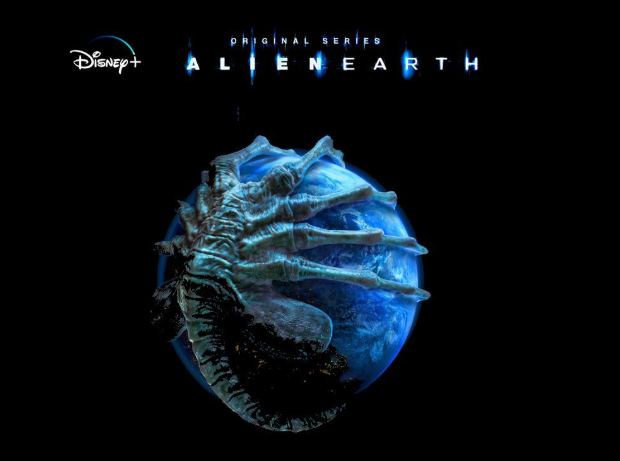
The isolated disaster grows worse when the Maginot crashes into territory controlled by Prodigy, another corporation conducting human hybridization experiments. Prodigy is responsible for Wendy, a 12-year-old girl with a terminal illness whose consciousness has been transferred into a synthetic body. She is the central thread of a story that blends biotechnology, corporate critique, and plenty of acid blood.
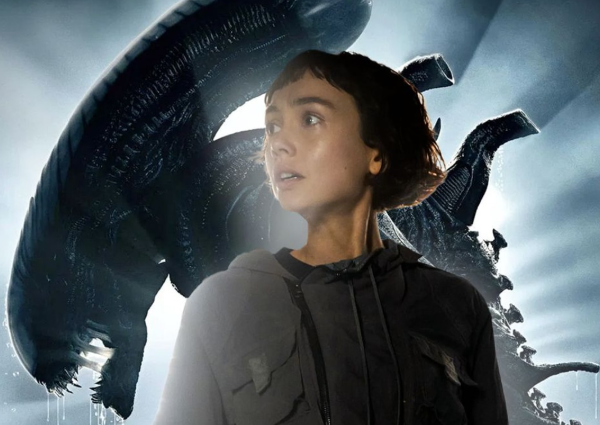
After the crash, children in synthetic bodies, synthetics, scientists, and corporate leaders are caught in the middle of a struggle for power and survival. All the while, they ignore the greater threat: Earth itself becoming a new hunting ground for the xenomorph.
Alien: Earth is a series created by Noah Hawley (Fargo, Legion) and stars Sydney Chandler (Wendy), Timothy Olyphant, Alex Lawther, and Essie Davis. It premiered on August 12, 2025, on FX/Hulu in the U.S. and Star+/Disney+ in Brazil. The timeline is set in the year 2120, two years before the events of the original Alien (1979).
Expectations
Every Alien fan carries a certain sadness after Aliens (1986). While that film leaned more into action than suspense or horror, it remains a respected and beloved chapter alongside the 1979 classic.
That sadness exists because Alien 3 is a film many prefer to erase from canon, and Alien: Resurrection feels closer to campy horror-comedy than to the genre that defined the franchise.
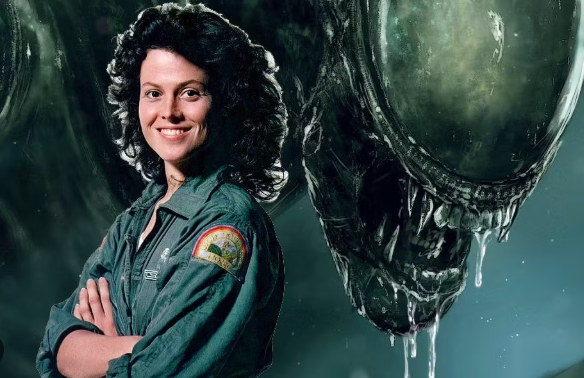
When Prometheus was announced, with Ridley Scott returning to direct, it seemed like the start of a fresh beginning. There was hope of learning more about the xenomorph’s universe. After all, this is one of the greatest monsters in pop horror.
But the result was the opposite. Prometheus became one of modern sci-fi’s biggest disappointments. A series of questionable decisions, a script that promised to explain the origins of the xenomorphs but delivered nothing. The story completely ignored the iconic Space Jockey, skipping the long-awaited chance to tell its background. Many fans felt not just disappointment but outright rage. I was beside one of them, and believe me, the anger was real. For some, the film only works as comedy, which is how I see it. I always laugh at the woman running in a straight line from the giant rolling wheel.
Then came Alien: Covenant. But how do you continue something already so poorly conceived? Predictably, the result was another disappointment.
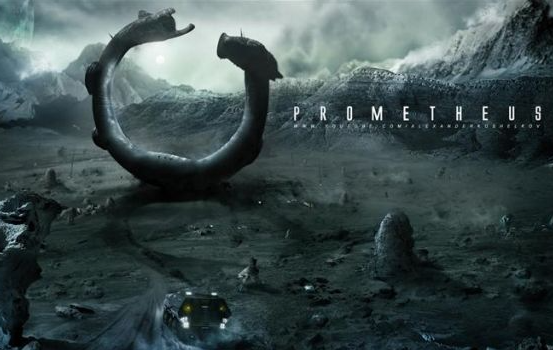
Then came a light at the end of the tunnel: Alien: Romulus. Simple, direct, with suspense and action in balance. The protagonist was convincing, Fede Álvarez’s direction captured the spirit of 1979, and the film pleased both critics (80% on Rotten Tomatoes) and audiences (85%). It restored some confidence in the franchise.
Even before Romulus’ success, though, a series had already been announced: Alien: Earth. It promised a bold new exploration of the universe.
And the inevitable question arises: can Alien: Earth carry the weight of a mantle so mistreated by its own franchise?
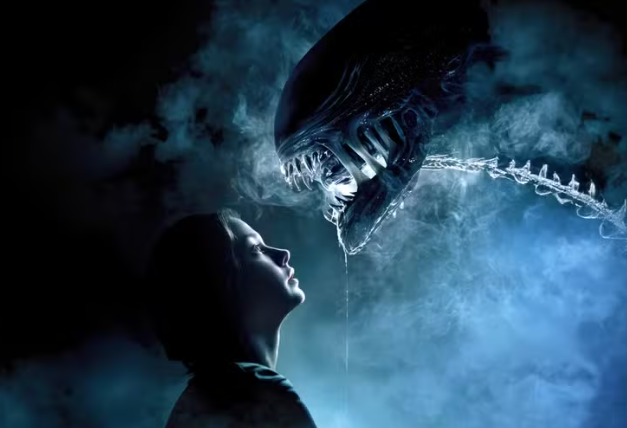
In Space
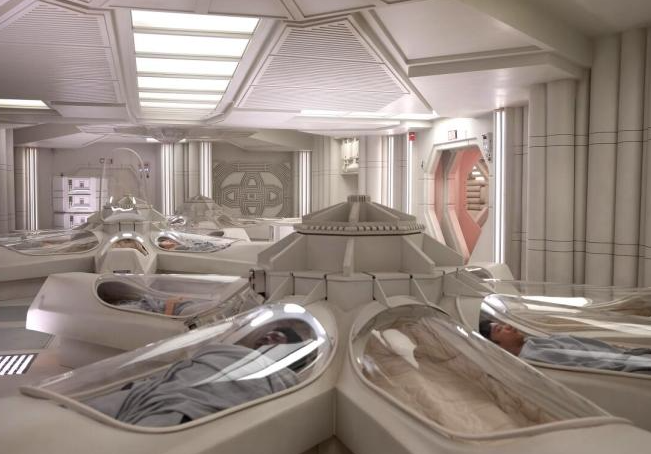
The opening scenes of the series are excellent. They recall the 1979 classic directly and even evoke the feel of an early 1980s production, perhaps due to the cinematography or the director’s choice to frame the characters casually chatting around a table.
The Maginot, despite being different from the Nostromo, carries that inevitable sense that something is about to go wrong: long, silent corridors, stretching shadows, and unsettling characters. One example is Mr. Teng (Andy Yu), who, even with few lines, unsettles viewers with his cold, discomforting presence toward a female character. He is so unnerving that you almost suspect he might be a synthetic. Too bad the series didn’t explore him further, because he had the potential to be fascinating.
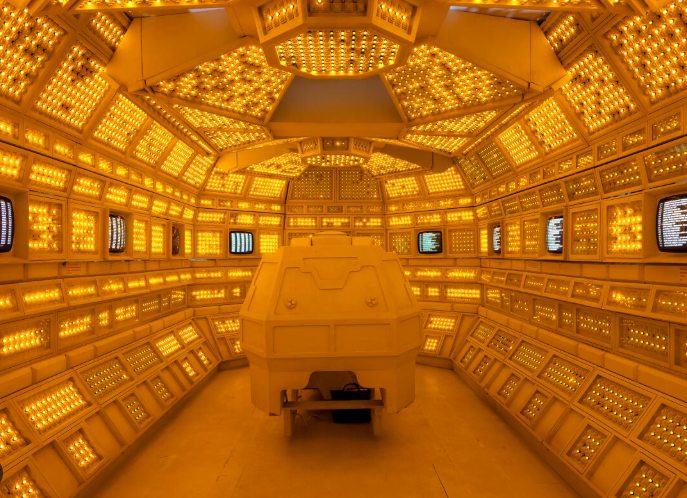
These early minutes aboard the Maginot captivate longtime fans of the suspense and claustrophobic horror of Alien (1979). In fact, aside from a few details I will mention later, I think the best parts of the series take place in space, inside the ship.
Another strong point is the introduction of new life forms, beyond the xenomorph. They are varied and raise questions about their effects on humans. One in particular is fascinating to follow: intelligent, cunning, and even daring to face a xenomorph head-on. This little creature won me over, and I cannot wait to see how far it goes in the story.
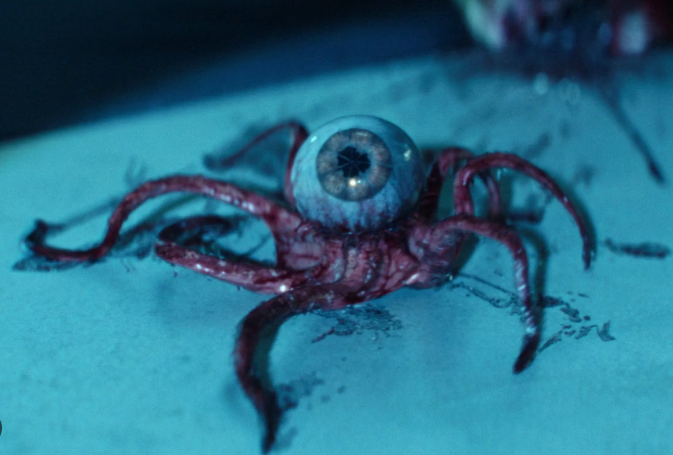
The xenomorph itself looks fantastic, and the series’ overall visual effects deliver on their promise. The action and suspense scenes work very well and, at times, create that familiar chill down your spine, especially in one sequence aboard the Maginot.
In this respect, the series performs very well.
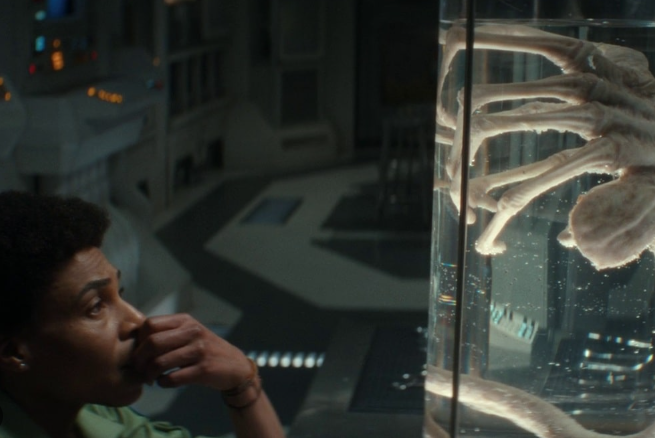
On Earth
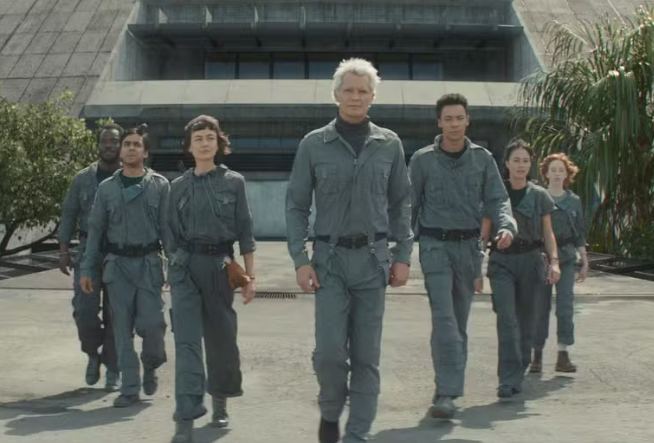
The problems start aboard the Maginot but grow worse once the story reaches Earth.
The characters lack the charisma needed to hold viewers’ attention. No one expects another Ripley, which we know is rare, but at least something close to a Rain? The only characters who spark some interest are Mr. Teng, who appears only briefly, and the synthetic Kirsh, played excellently by Timothy Olyphant.
The rest of the cast gives average performances, with characters that fail to keep the audience engaged. Perhaps the decision to put children’s minds into synthetic bodies, giving some Alien scenes an almost Goonies-like or even childish tone, is part of the problem. This undermines immersion in a story that should thrive on suspense. Humor is fine, but putting children in super-bodies inside a lab full of lethal threats does not fit even the minimal believability the franchise requires.
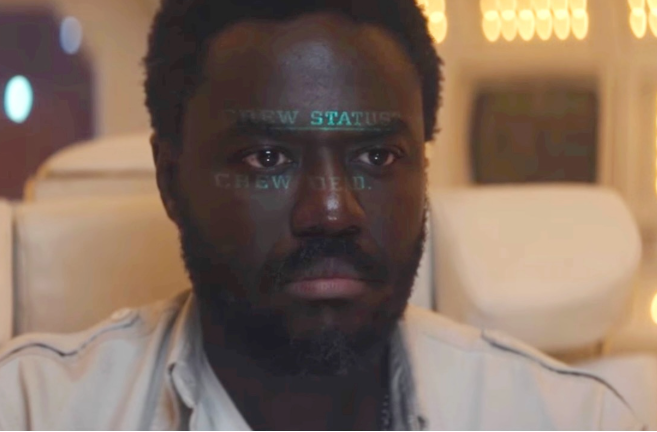
By far, the worst character is Morrow, played by Babou Ceesay. If the goal was to create a cartoonish, insufferable villain, the series succeeded. Morrow is not the kind of well-crafted antagonist we love to hate; he is simply irritating and whiny, with his constant pout. Someone needs to tell Babou Ceesay that acting is more than pulling the same angry face in every scene.
Another major issue, a repeat from Prometheus, is the collective stupidity infecting all the characters. I am not referring to the kids in synthetic bodies, who can be excused for their innocence. I mean the rescuers who march into a crashed spaceship, potentially filled with biohazards, and after learning it was carrying alien life forms, continue exploring recklessly as if ruptured containers posed no risk. It is impossible to believe that adults responsible for others’ safety would act this way.

Speaking of recurring flaws, the franchise seems bound to another rule: every corporate executive or scientist must be morally corrupt. None ever truly want to improve the world for future generations. They always fall back on the greedy villain cliché. Alien: Earth repeats this with Prodigy’s owner, who fancies himself a new Peter Pan and justifies his actions by claiming he only wants someone as intelligent as himself to converse with. In the end, he is just another shallow nemesis driven by power and money. It is a shame, because the series could have reimagined this archetype.
And it does not stop there. The show also asks viewers to ignore rules it sets for itself. Early on, Wendy, in her synthetic body, jumps from a considerable height without any damage, showing that her structure is extremely resilient. Yet a few episodes later, she suffers serious head injuries in a fight with a single xenomorph. Either the series ignores its own logic, or a xenomorph’s strike somehow defies Newton’s second law. Hard to accept, right?
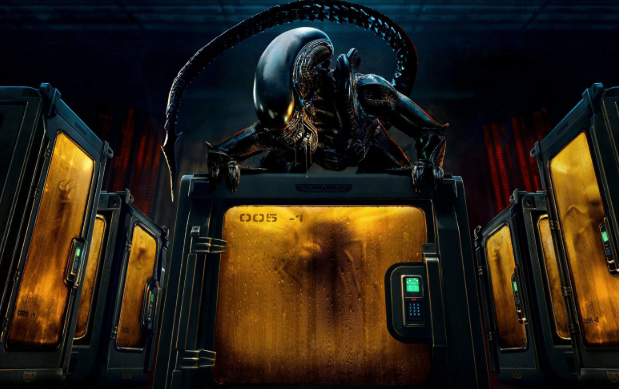
And about the xenomorph, here it feels more like a killing machine than the stealthy predator we know. What happened to the creature that hunted patiently, hid in shadows, and turned corridors into psychological traps?
In this series, the Alien wipes out squads of soldiers in seconds, like a generic slasher monster. I understand the attempt to recall the action tone of Aliens, but even in that second film there was suspense and charm, and a single xenomorph could not take out so many people so quickly.
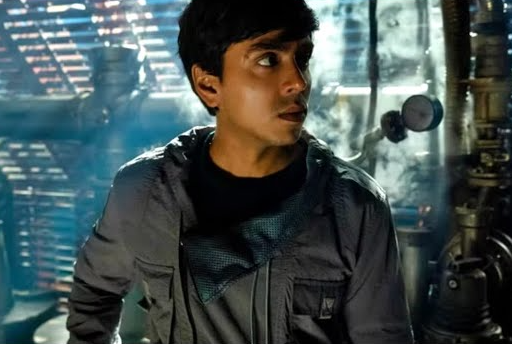
There are also even more absurd moments, like an 11-year-old who quickly befriends and trusts a sociopath who had put a knife to her throat and invaded her mind, after only a few conversations. Really?
Finally, the series tries to make us root for the sibling protagonists, but there is no chemistry, either fraternal or dramatic, to make viewers care. Whether it is the direction’s fault or the acting, this subplot is so dull that it makes you want to skip their scenes entirely.
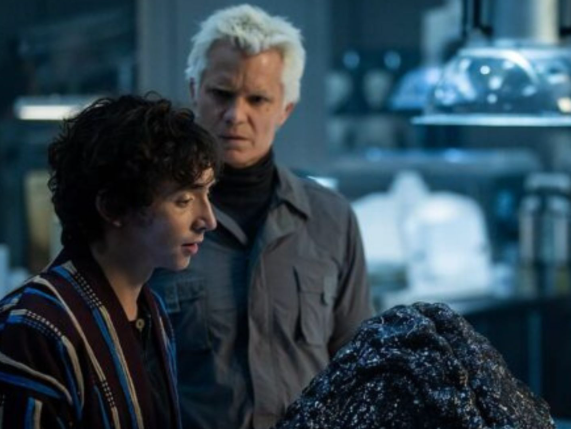
Before the End
The series has not finished its first season yet. At the time of this review, two episodes remain, and honestly, I do not believe anything will be fixed by then. There is simply no way to repair the issues already built in.
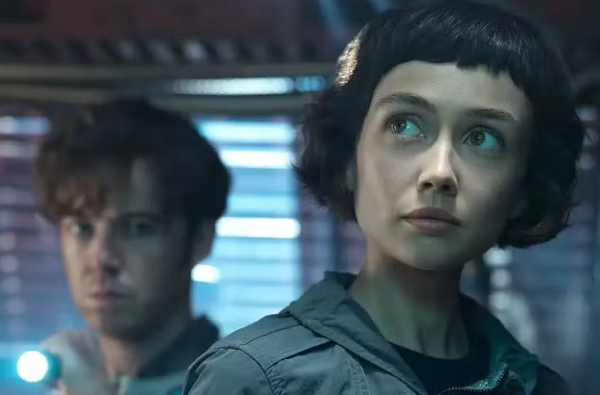
The best we can hope for is that, if there is a second season, the writers will not repeat the same mistakes. Take risks, yes, but in ways that fit the xenomorph universe. Taking risks does not mean throwing a group of kids in super-bodies against an acid-blooded killing machine.
At the very least, stop repeating the same errors.
Is It Worth the Popcorn?
If you are not like me, someone who gets frustrated at every bad decision made by an adult or a supposedly logical synthetic, then yes, it might be worth watching.
And if you are not a purist superfan of the franchise, you will probably have fun. Just do not expect anything close to the level of the first two films, or even Romulus, because here the script falls short in several ways.
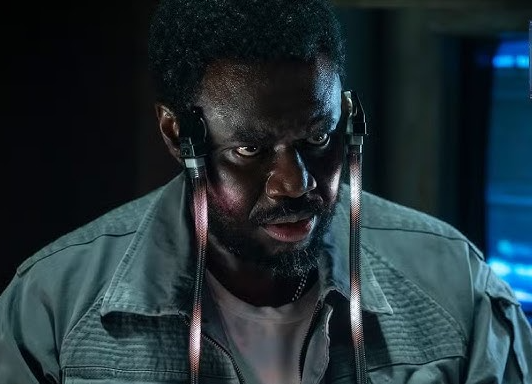
If you are picky like me, I suggest just reading summaries to keep up with the canon. That is enough to avoid the frustration.
As for me, out of stubbornness, I will stick with it until the end since I already started. But honestly, I am rooting for the Alien to finish off this entire annoying cast.
What about you? What are your thoughts on Alien: Earth? Are you enjoying the series, or do you also get frustrated with every nonsensical decision? Share your thoughts in the comments: does the Alien deserve to take out everyone, or is there still something worth saving in this story?













— Comments 0
, Reactions 1
Be the first to comment